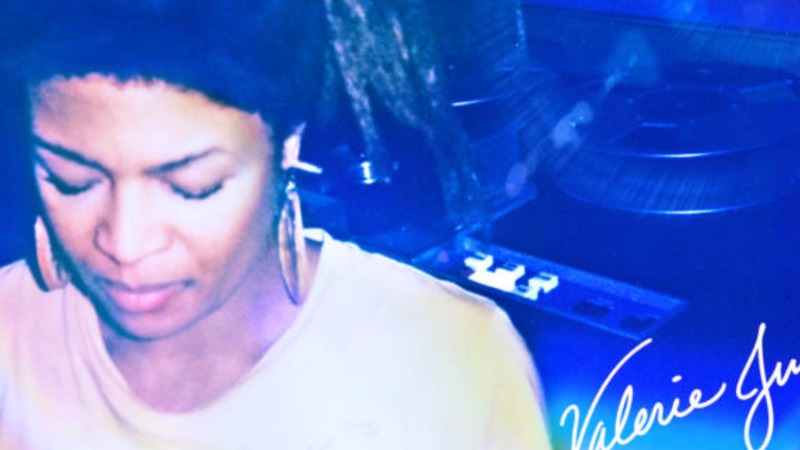Valerie June Teaches Us New Ways to Resist on Owls, Omens and Oracles
The Tennessee singer-songwriter’s sixth album is a necessary reminder missing from swaths of contemporary music that happiness is just as potent a tool for beating back the darkness as anger.

It is easy, in times of duress and anxiety, such as the numbingly stupid, nigh cataclysmic one we’re presently weathering, to stew in one’s alarm. We inhale dread, we exhale fear. Before long, these emotions, triggered via the constant intake of reports on democracy’s demise, whether administered by social media doom scrolling or the morning deluge of urgent Substack news bulletins, become a cage: They are what we live in and the filter we view the world through. This—and our reaching deep into our bag of profound insights here—is unhealthy, and if there is a place and a time for panicking and for making a show of civil outrage, the latter cannot be “always.” We need respite from our roiling feelings.
Valerie June, one of roots music’s premiere cosmic travelers, has come back to Earth from an extended trip to the aether with a simple but powerful message for us all: get some joy in you, pronto. Her sixth record, Owls, Omens and Oracles—let it be said that few musicians working today possess June’s preternatural knack for titling their LPs—is a necessary reminder missing from swaths of contemporary music that happiness is just as potent a tool for beating back the darkness as anger; in fact, swinging that hammer of collective indignation requires we locate the parts of ourselves where our cheerier angels are stored for safekeeping. It is not possible to be perpetually pissed off and hopeless, at least not without snapping. June wants us to think about what is possible instead.
“Watching the news almost every night / Telling the stories of all that ain’t right / But what could be done from a house and a home / Sink in the sofa and feel so alone,” June lulls on the first verse of “Endless Tree,” not so much a protest song as an exhortation. If you’ve ever read David Mitchell’s Cloud Atlas, recall the final line: “What is an ocean but a multitude of drops?” June riffs on that same sentiment. Even a small, seemingly trivial act requires chutzpah, and it is those actions that can light “the tiniest spark.” A spark is nothing to sneeze at; for one, you’ll snuff it out. For another, “only an ember can light up the dark,” June tells us. We love a big, swingy anthem about fighting against oppression, but tracks like “Endless Tree” are, perhaps, more actionable. They encourage the kind of resistance that may matter most when the going’s gotten tough.
-

-

-

-

-

-

-

-

-

-

-

-

-

-

-

-

-

-

-

-

-

-

-

-

-

-

-

-

-

-

-

-

-

-

-

-

-

-

-

-








































